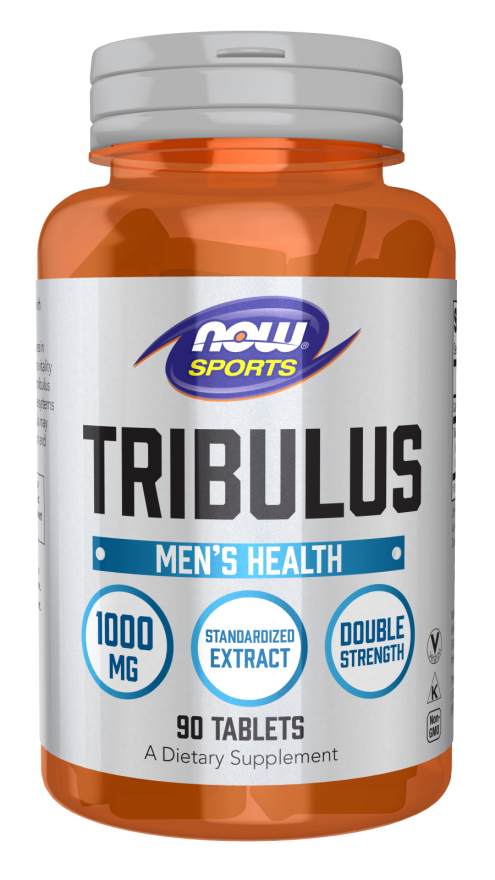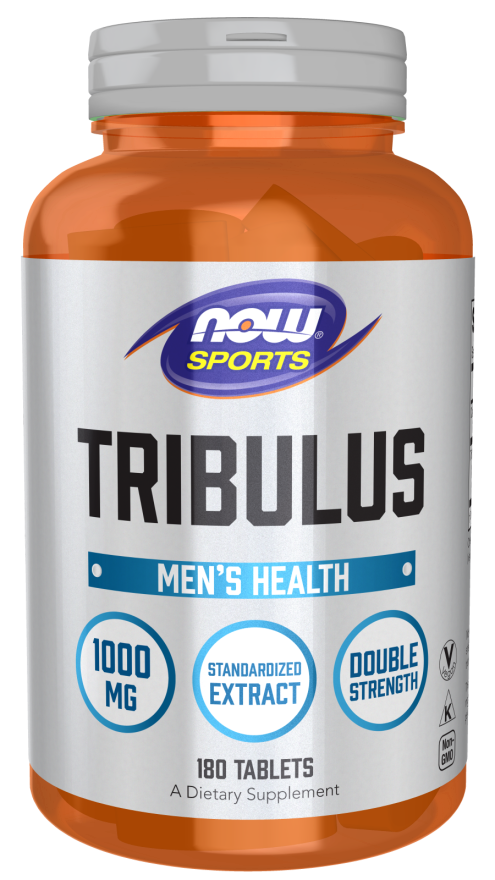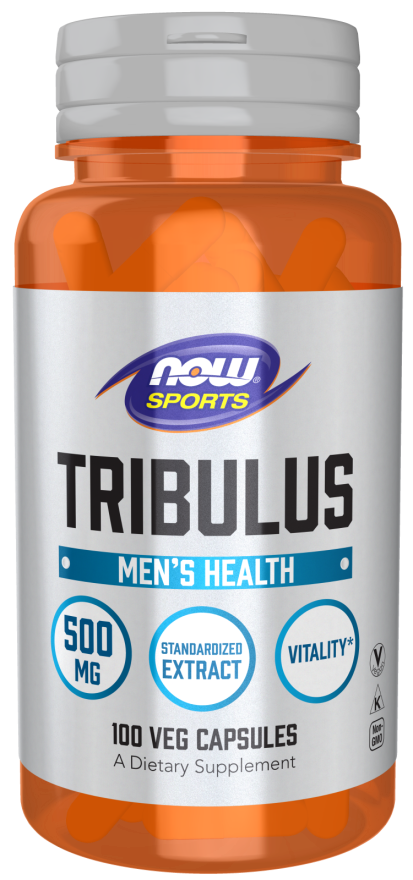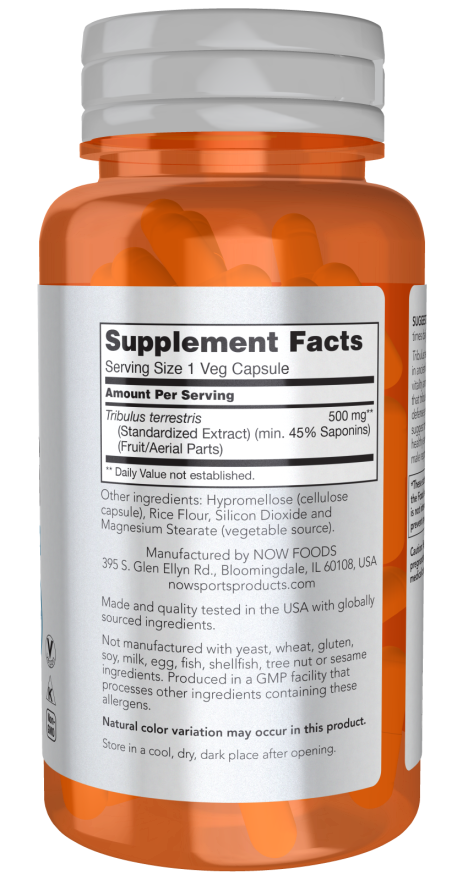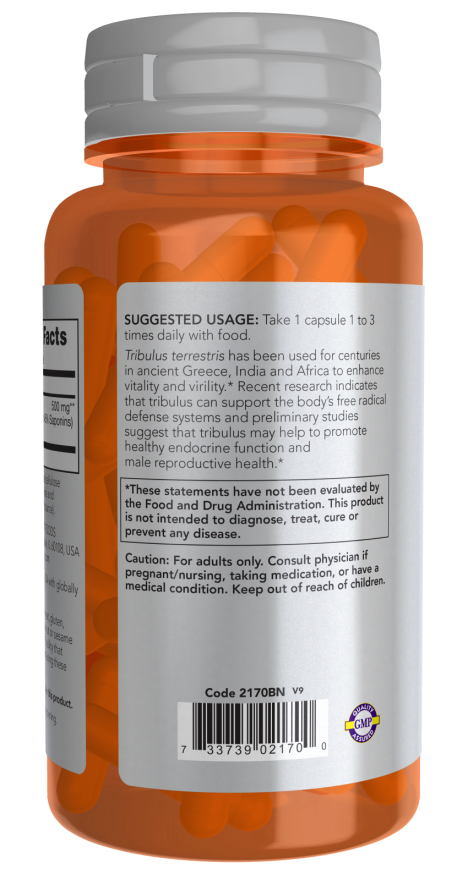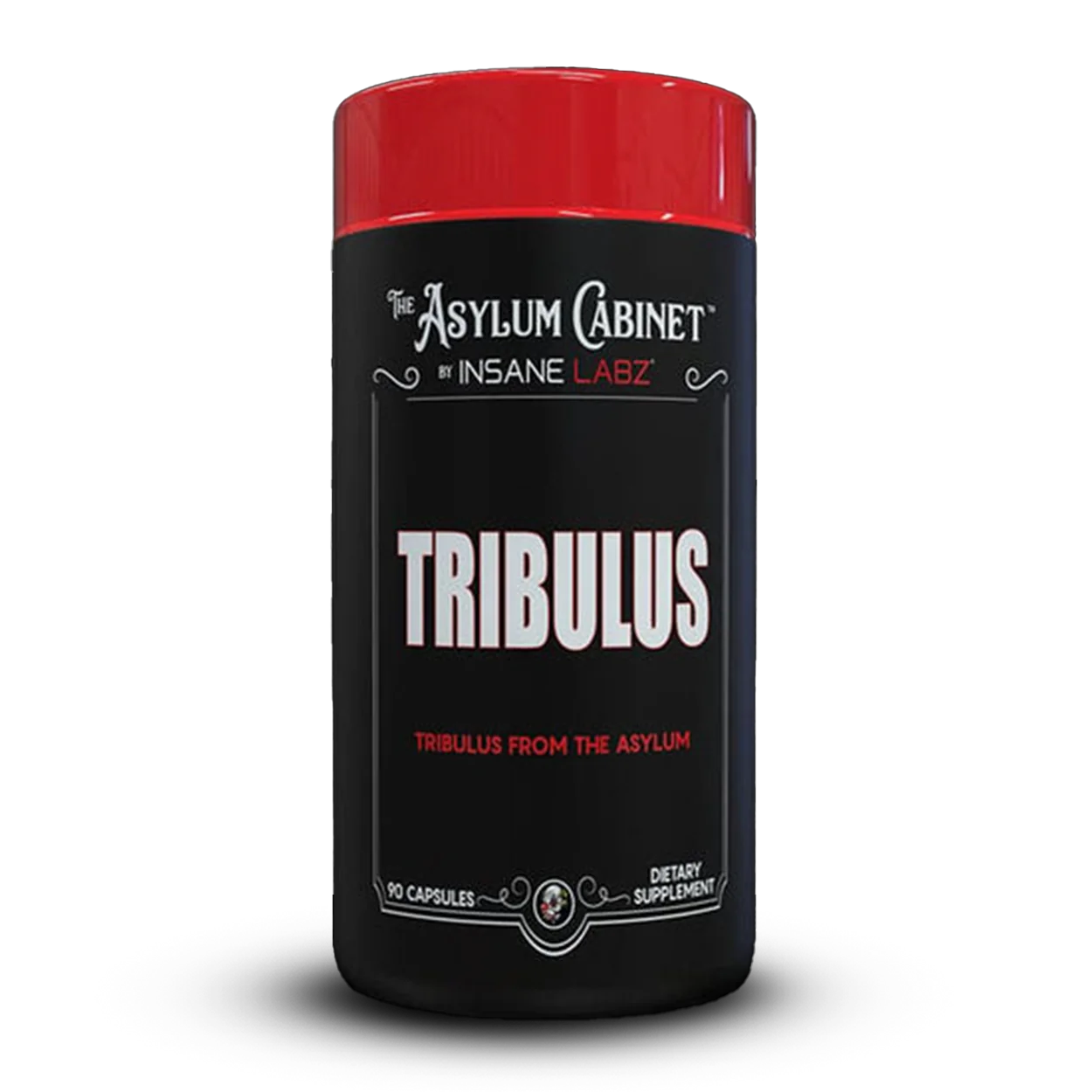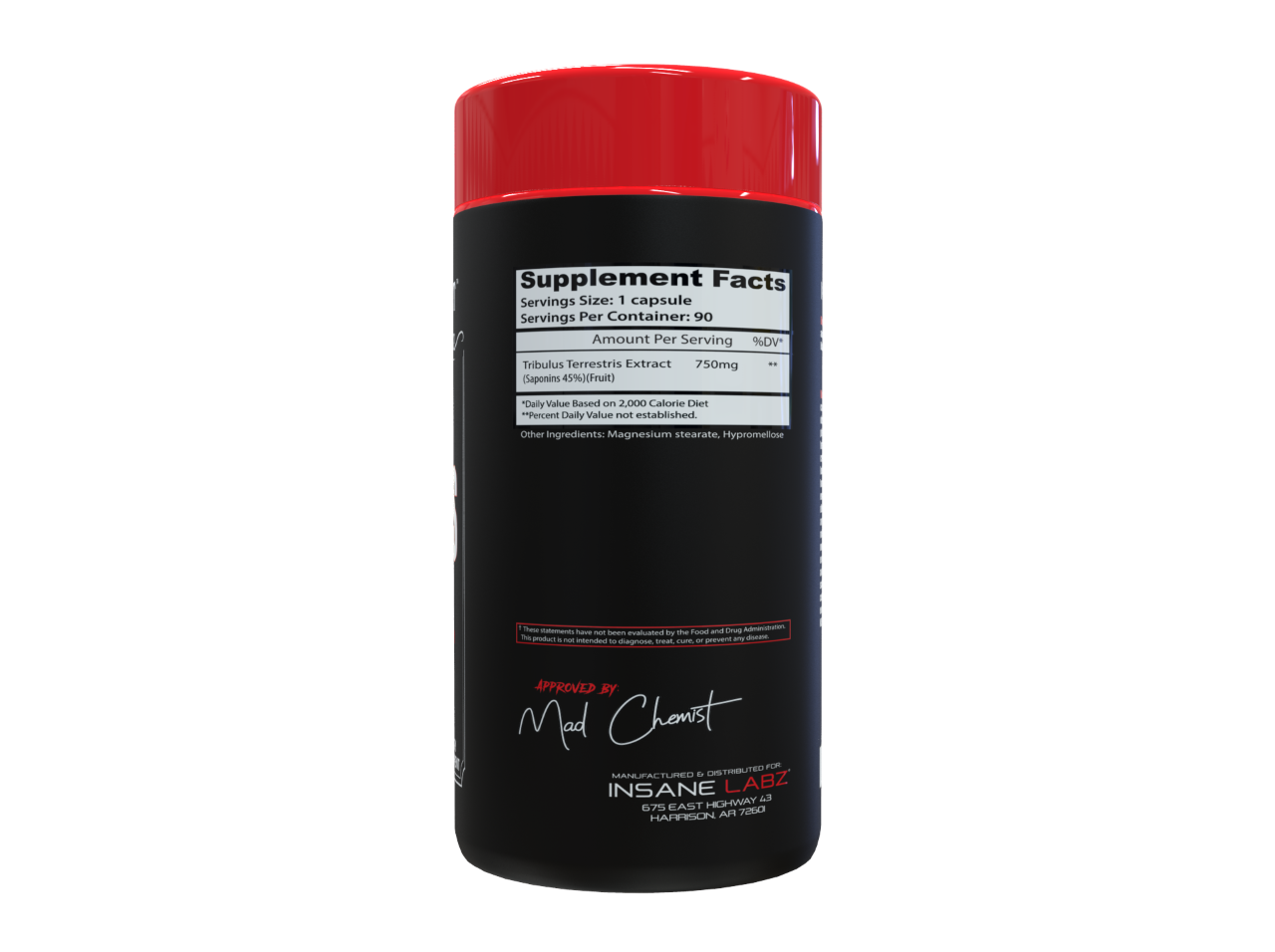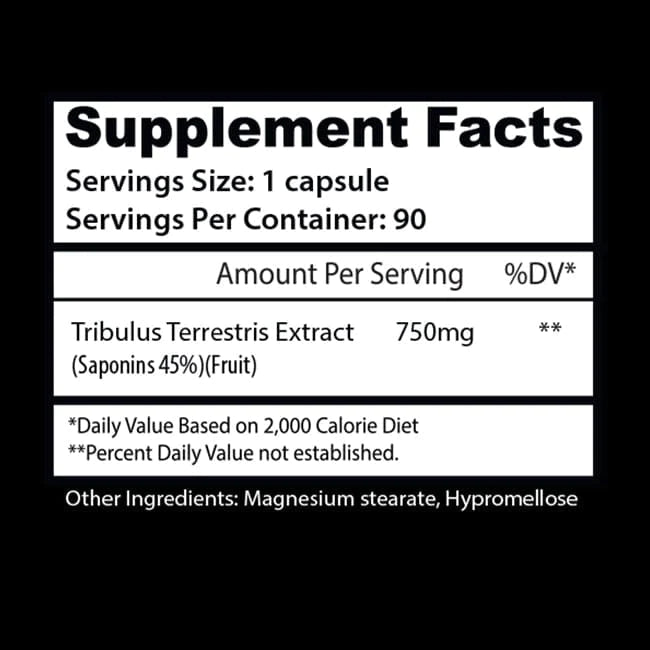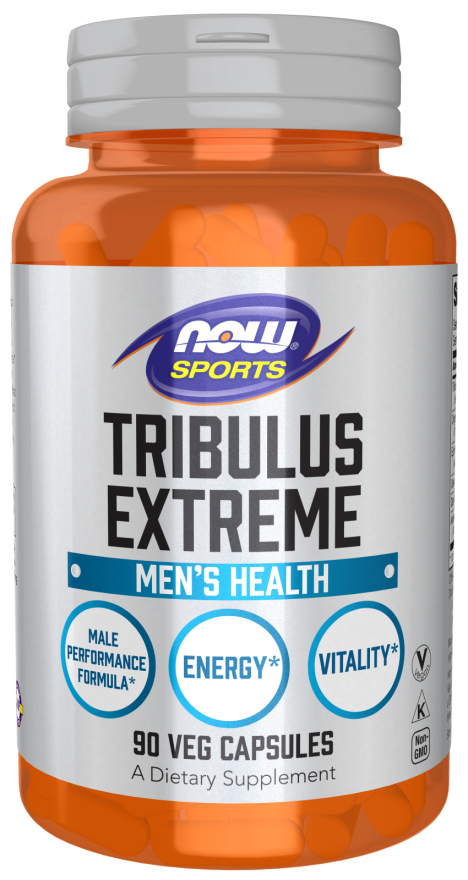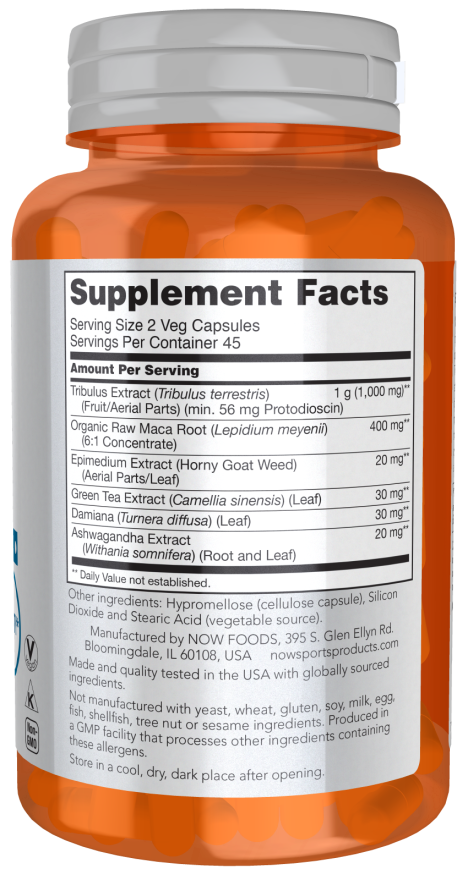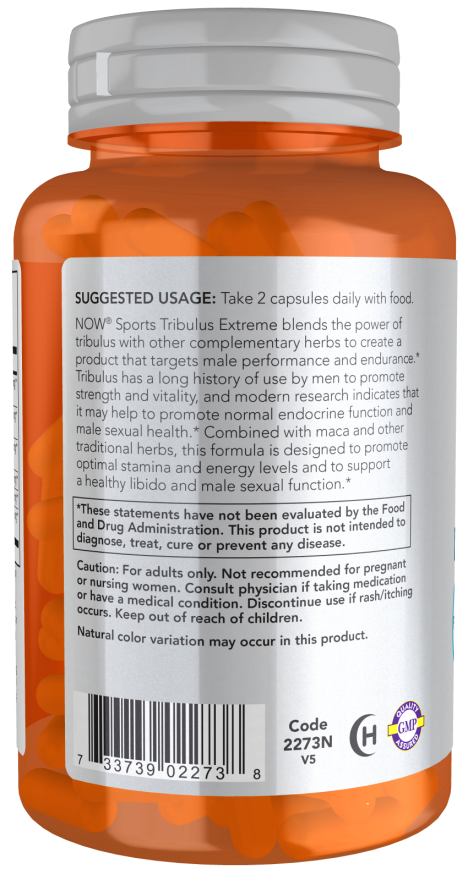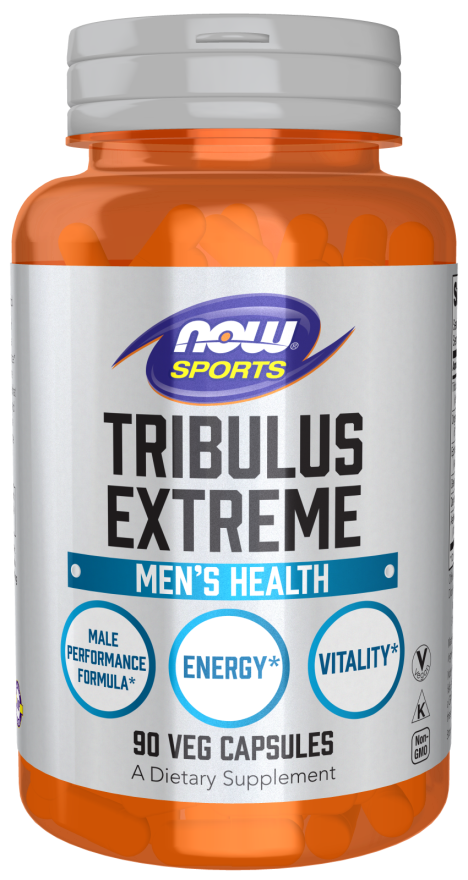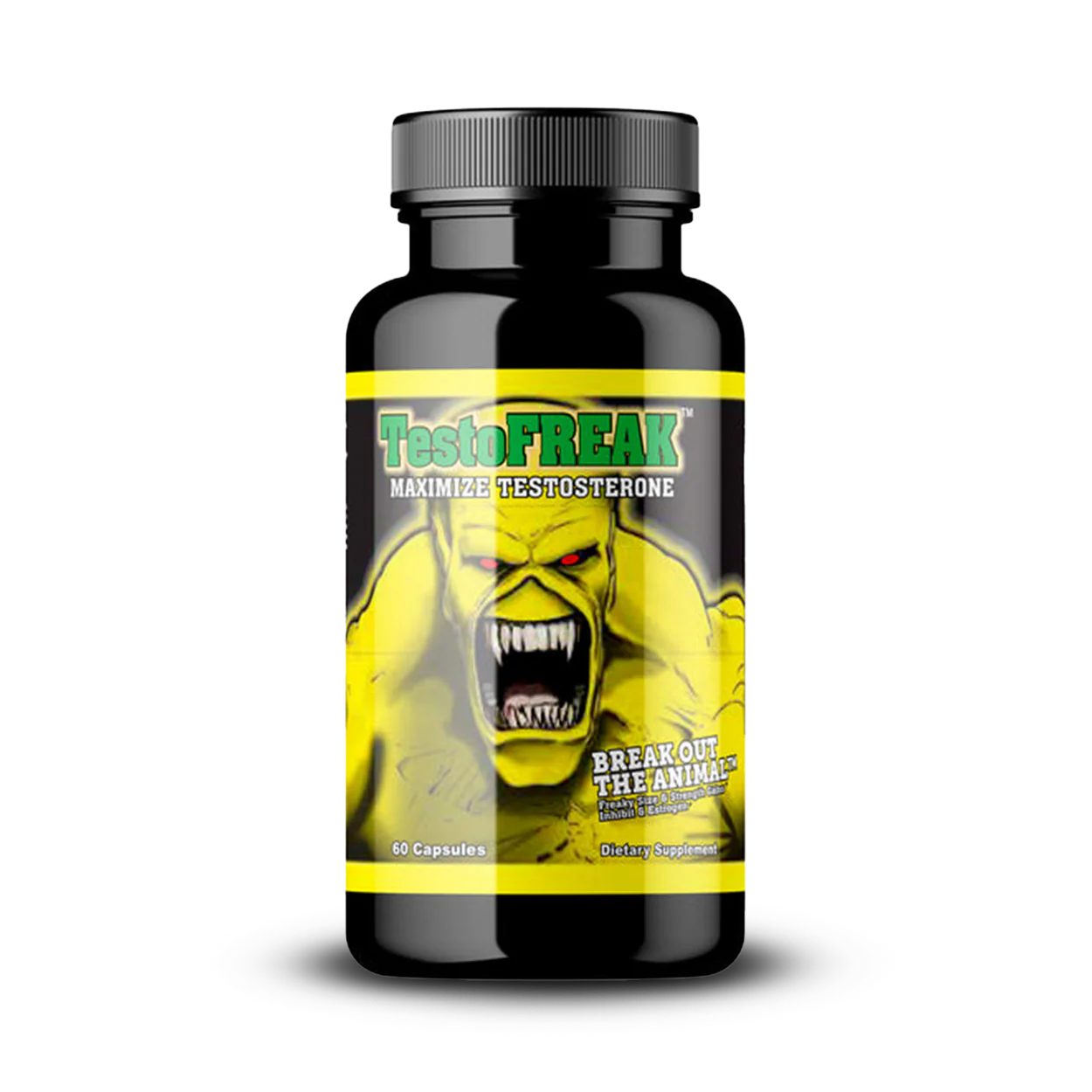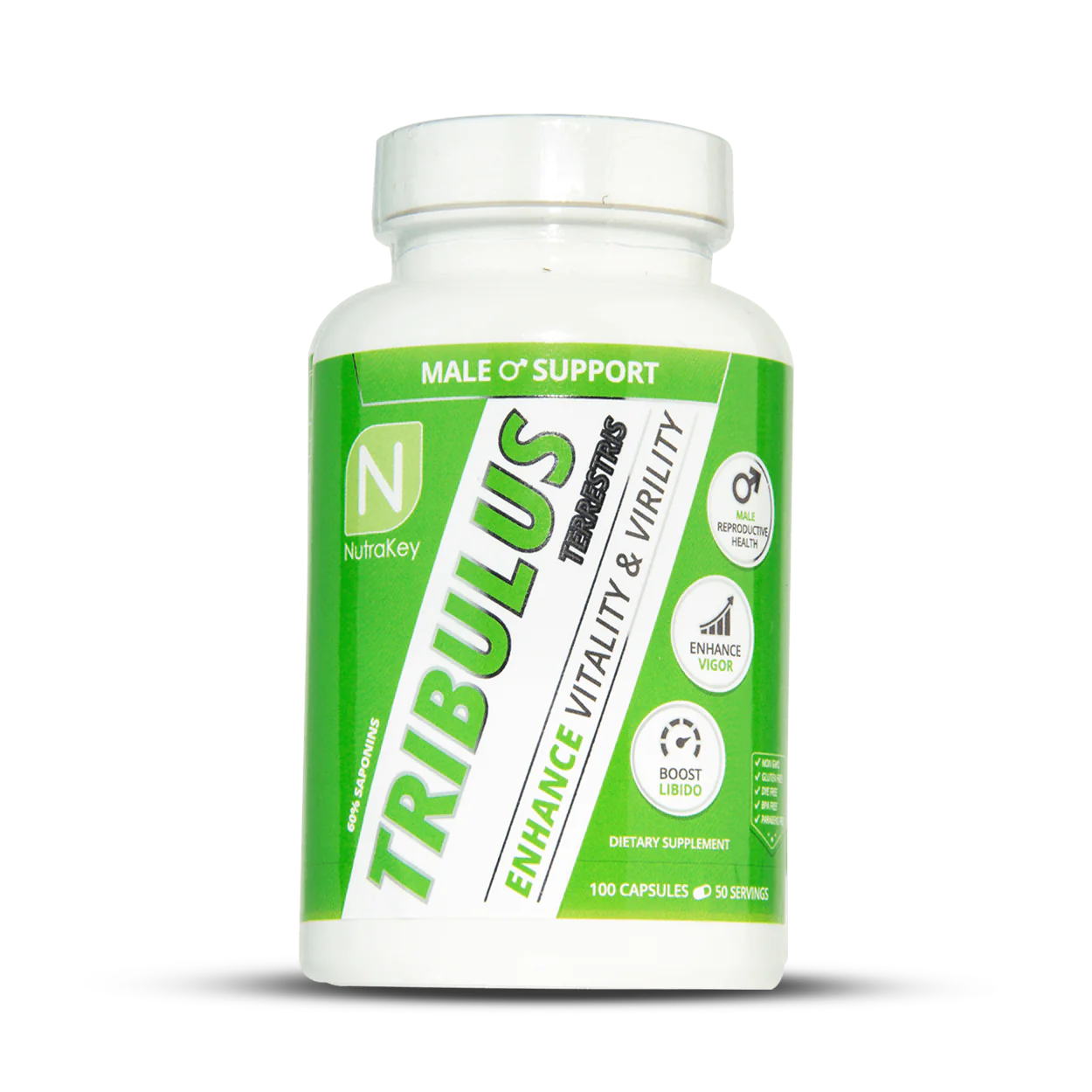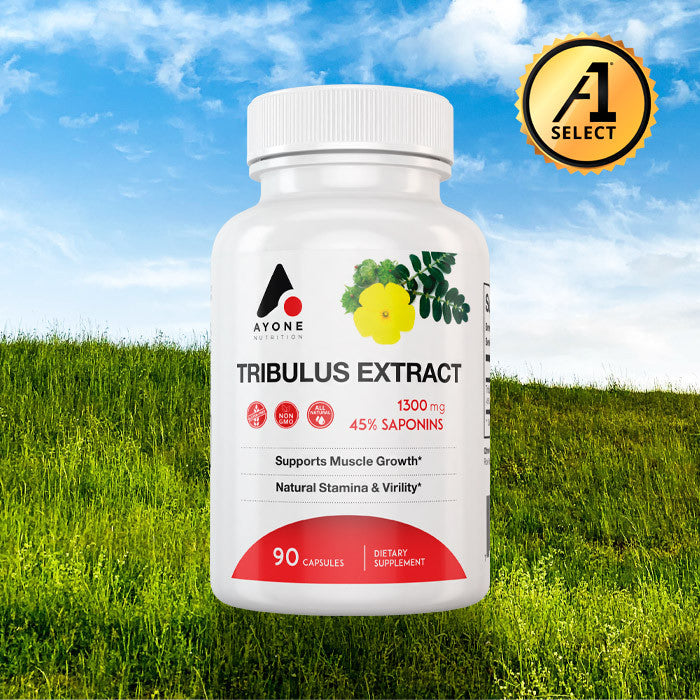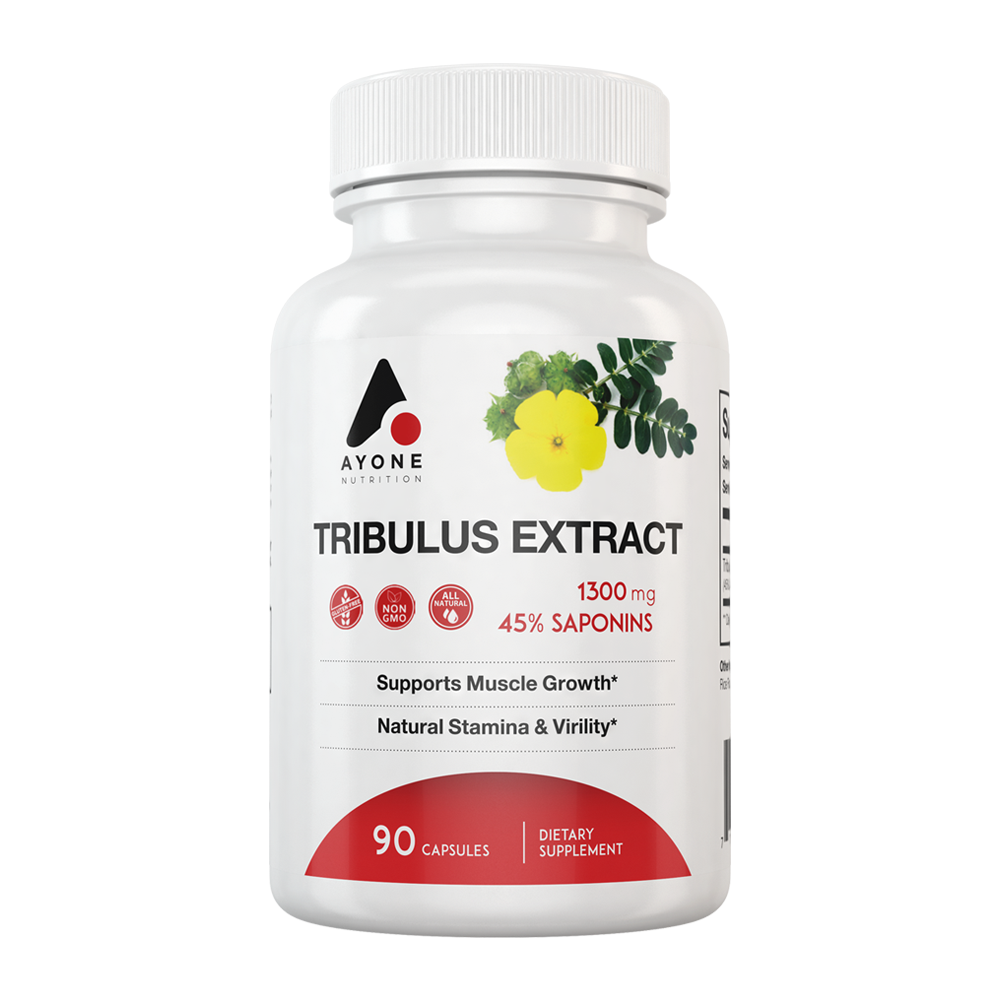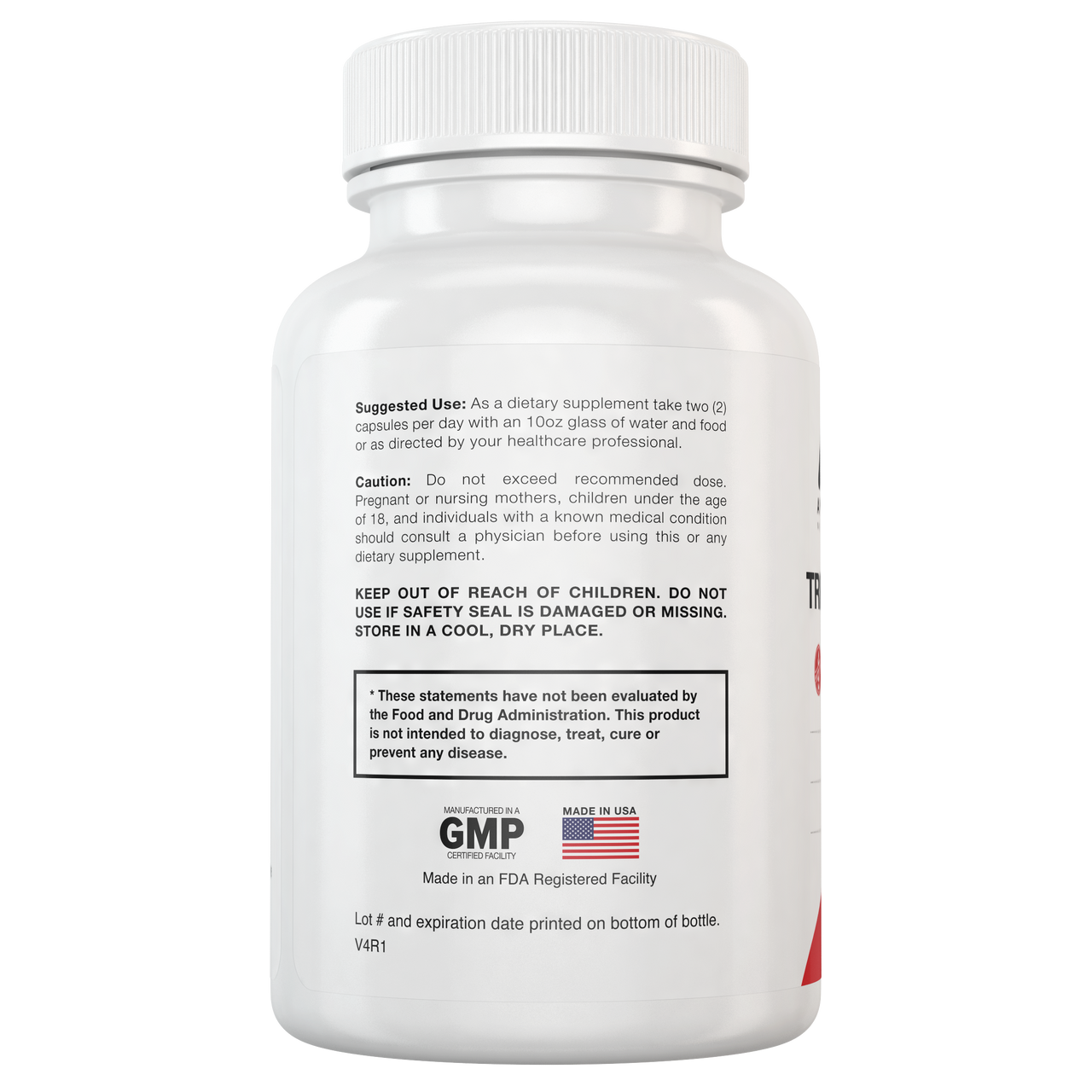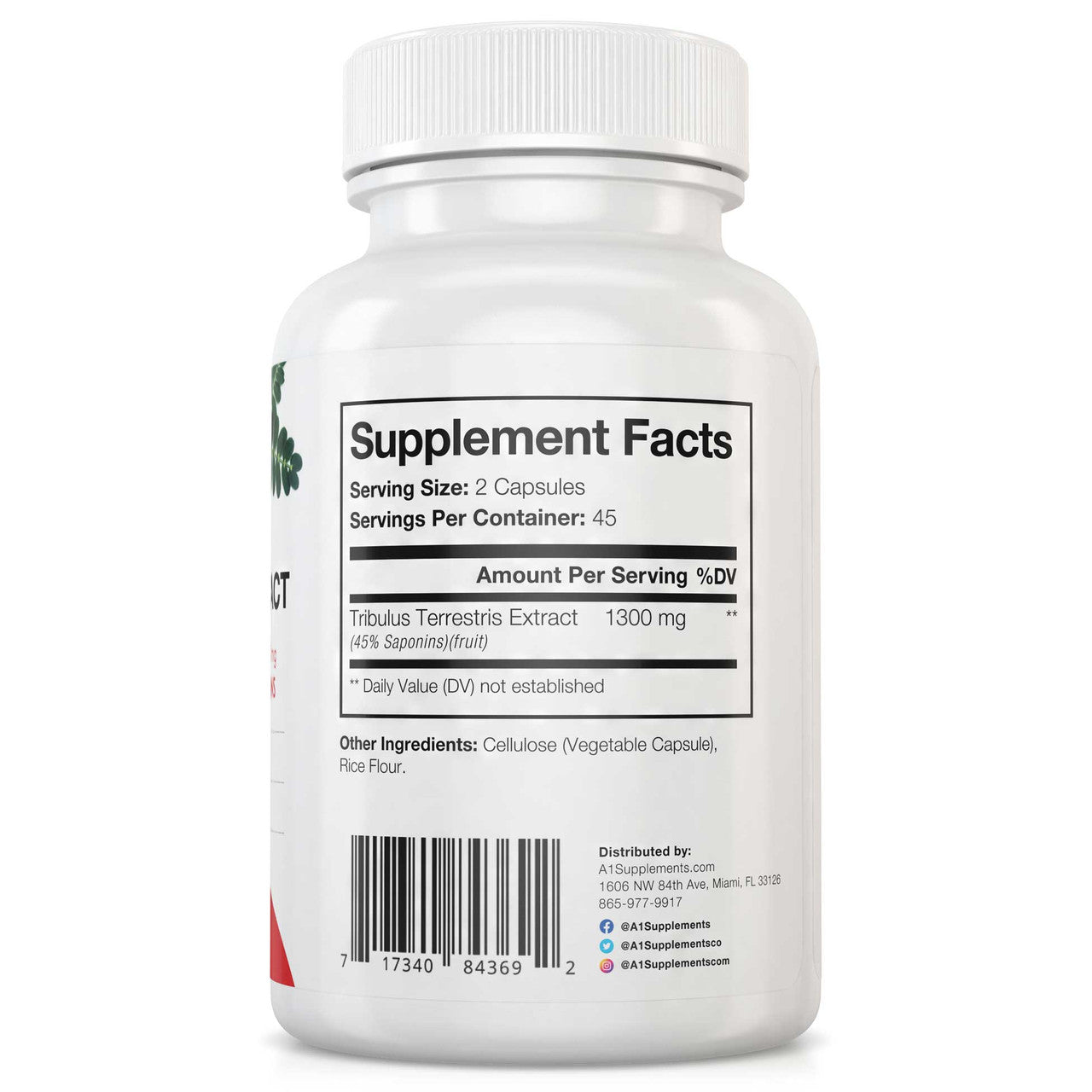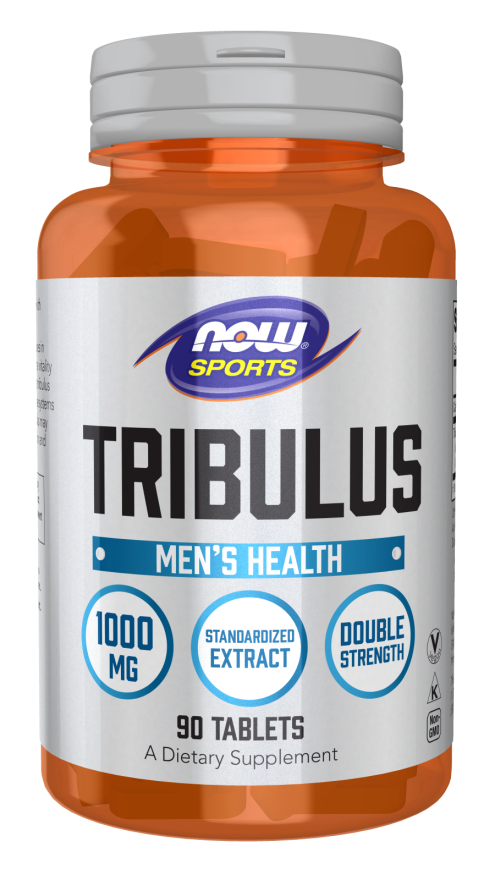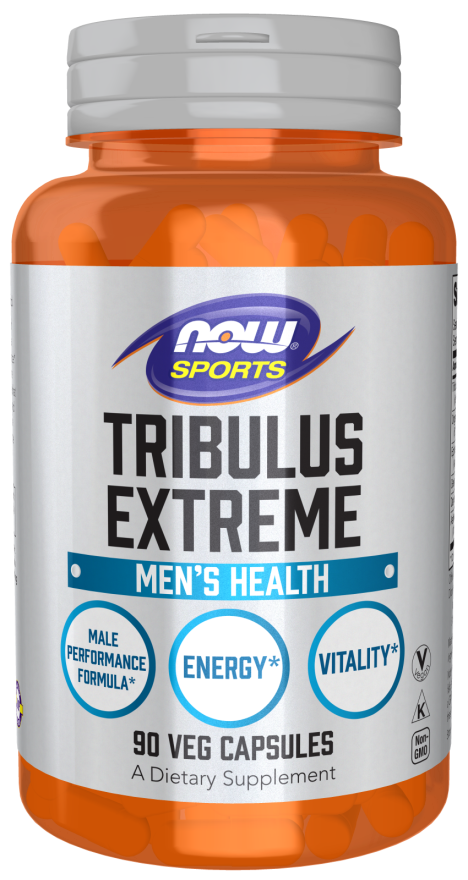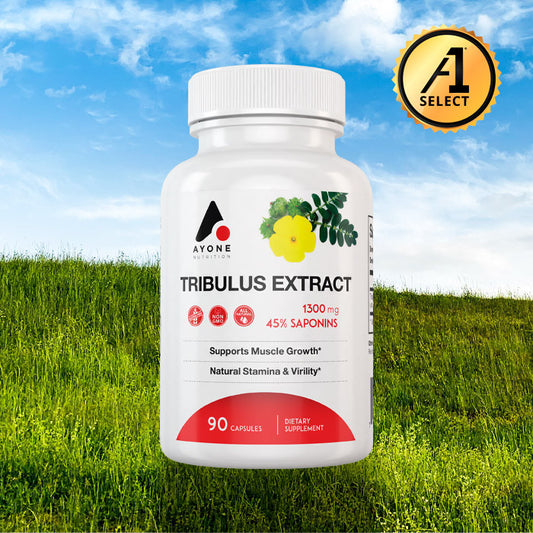Tribulus Terrestris is a vine plant that grows in moderate and tropical climates... Learn more
1. What is Tribulus Terrestris and where does it come from?
Tribulus Terrestris is a vine plant that grows in moderate and tropical climates in the United States, Mexico, Eastern Europe, India, northern Australia and China. It can even thrive in desert climates and poor soil. The active compounds in tribulus are steroidal saponins, mainly furostanol glycosides but also spirostanol glycosides. These saponins are found primarily in the leaf. The active chemical in Tribulus is proven to be a cousin to DHEA.
Like many weedy species of plants, Tribulus Terrestris has many common names: Puncture Vine, Caltrop, Yellow Vine, and Goathead are the most widely used; others include automobile-weed, bindy eye, bindii, bullhead, burnut, burra gokhroo, calthrops, cat's head, common dubbeltjie, devil's thorn, devil's weed, doublegee, dubbeltje, gokshura, ground bur-nut, isiHoho, land caltrop, Maltese cross, Mexican sandbur, puncture weed, rose, small caltrops, sticker, tackweed, and Texas sandbur.
2. What does Tribulus Terrestris do and what scientific studies give evidence to support this?
The Tribulus Terrestris plant has a long history of uses. People from around the world have used the Tribulus Terrestris plant to promote overall health and as a tonic and aphrodisiac or booster of sex drive, supporting healthy libido function and increasing testosterone.
Because of the plants reputed benefits, athletes have used Tribulus Terrestris extract dietary supplements to boost energy levels, to promote healthy hormone function, to enhance muscle tone and to support athletic training. Although it's unclear how Tribulus Terrestris extract exerts its effects, scientific research has suggested several possible mechanisms of action.
Tribulus Terrestris contains steroidal saponins, alkaloids, and flavanoids, and its protodioscins content is believed to be responsible for its effects on hormone, libido and body composition. Preliminary animal studies have found that tribulus heightened sexual behaviour and increased intracavernous pressure. This was attributed to increases in testosterone. This suggests that it may be beneficial for those whose testosterone is below normal, such as dieters and overtrained athletes.
Clinical research has shown that Tribulus Terrestris may support healthy libidofunction in humans, and that it may also support healthy blood pressure and healthy cholesterol profiles already in normal range.
3. Who needs Tribulus Terrestris and how much should be taken? Are there any side effects or symptoms of deficiency?
All persons in good health may benefit from using Tribulus Terrestris as a dietary supplement. No dosing protocols have been established. Use as directed on the product label.
No significant side effects have been reported from supplementation with Tribulus terrestris. However, some users report an upset stomach, which can usually be counteracted by taking it with food.
Published with permission, original © 1998-2007.
These statements have not been evaluated by the Food and Drug Administration. This product is not intended to diagnose, treat, cure, or prevent any disease.














